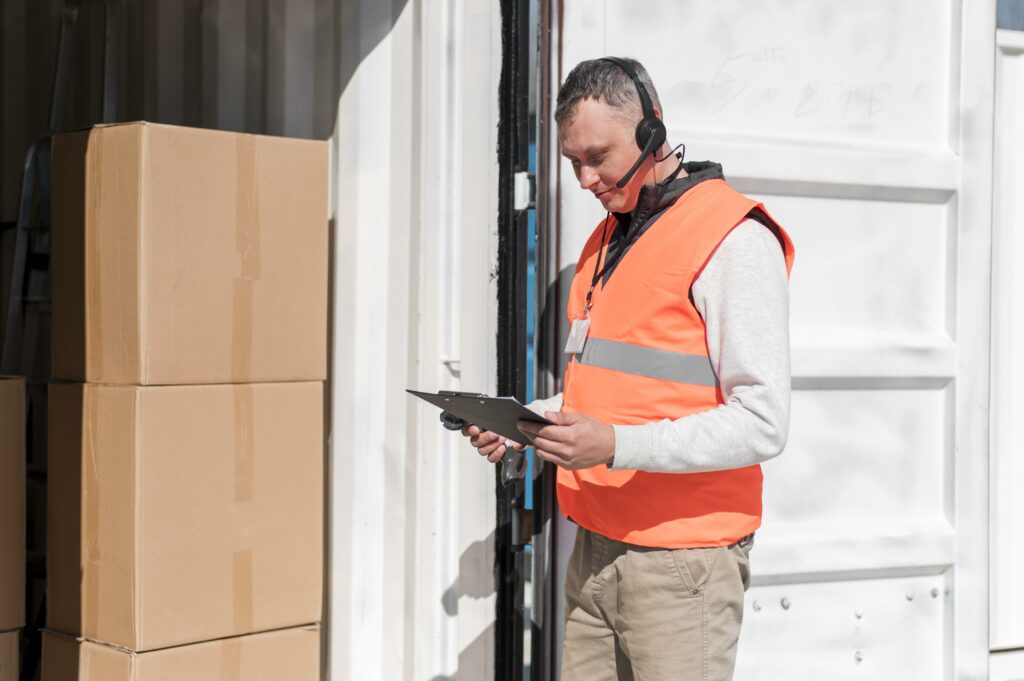Start moving in the
right direction.
Speak to us today to see how we can improve your business logistics, freight and customs related issues.

The Australian Border Force (ABF) has released new information for importers and exporters in relation to sea cargo reporting timeframes and inspection arrangements.
Reporting timeframes
For all sea journeys to Australia that take 48 hours or more, the sea cargo report (SCR) must be lodged with the ABF at least 48 hours before the estimated time of arrival at the first port of arrival in Australia.
For shorter voyages:
It is recommended that all remaining documentation, including the Full Import Declaration (FID) is provided to the ABF at least 24 hours prior to the arrival of the vessel at the port of discharge.
Failure to meet these requirements may result in an infringement notice being issued to the importer and/or owner or commencement of legal proceedings.
Selection of cargo for further inspection or examination
Compliance with the timeframes referred to above will assist the ABF in advising whether or not cargo:
Even if the SCR and other documentation has been provided on time, other circumstances may require the ABF to place a late hold on cargo that may otherwise have been pre-cleared.
The ABF has existing arrangements in place with stevedores and logistics providers to facilitate the efficient inspection and examination of FCL’s of containerised cargo.
Costs and Charges
Importers and exporters must make provision for the possibility of their cargo being selected by the ABF for non-intrusive inspection (e.g. x-ray), or physical examination.
The ABF is not responsible for any costs incurred by importers in relation to held FCLs of containerised cargo, including but not limited to storage, demurrage and detention fees.
Storage
Container Terminal Operators (CTOs) generally provide importers with 3 days of free storage for containerised cargo at a terminal upon initial arrival. At any time, the ABF may remove selected containers from a terminal to be inspected and/or examined at a CEF.
If a container returns to the terminal from a CEF with less than 24 hours free storage remaining, the importer will generally be entitled to an additional 24 hours free storage on that container upon return to the terminal, to allow sufficient time for collection. This applies only to FCL containerised cargo and excludes break bulk cargo.
Containers that are the subject of a late report and/or a late hold will not be eligible for any additional free storage. Also ABF clearance is likely to take longer than 3 days if the mandatory reporting timeframes have not been met.
The full Australian Customs Notice issued by the ABF can be viewed here.
The team at Clarke Global Logistics urges our clients to take notice of these requirements and will continue to keep you updated with any new information or requirements. If you have any queries or require clarification, please don’t hesitate to contact the team on +61 3 9854 3000 or send an email to enquiry@clarkeglobal.com.au
Image by Freepik


Established in 1917, Clarke Global Logistics is a reputable Australian Customs Broker and Freight Forwarder; offering a totally integrated trade service both locally and globally.

Speak to us today to see how we can improve your business logistics, freight and customs related issues.